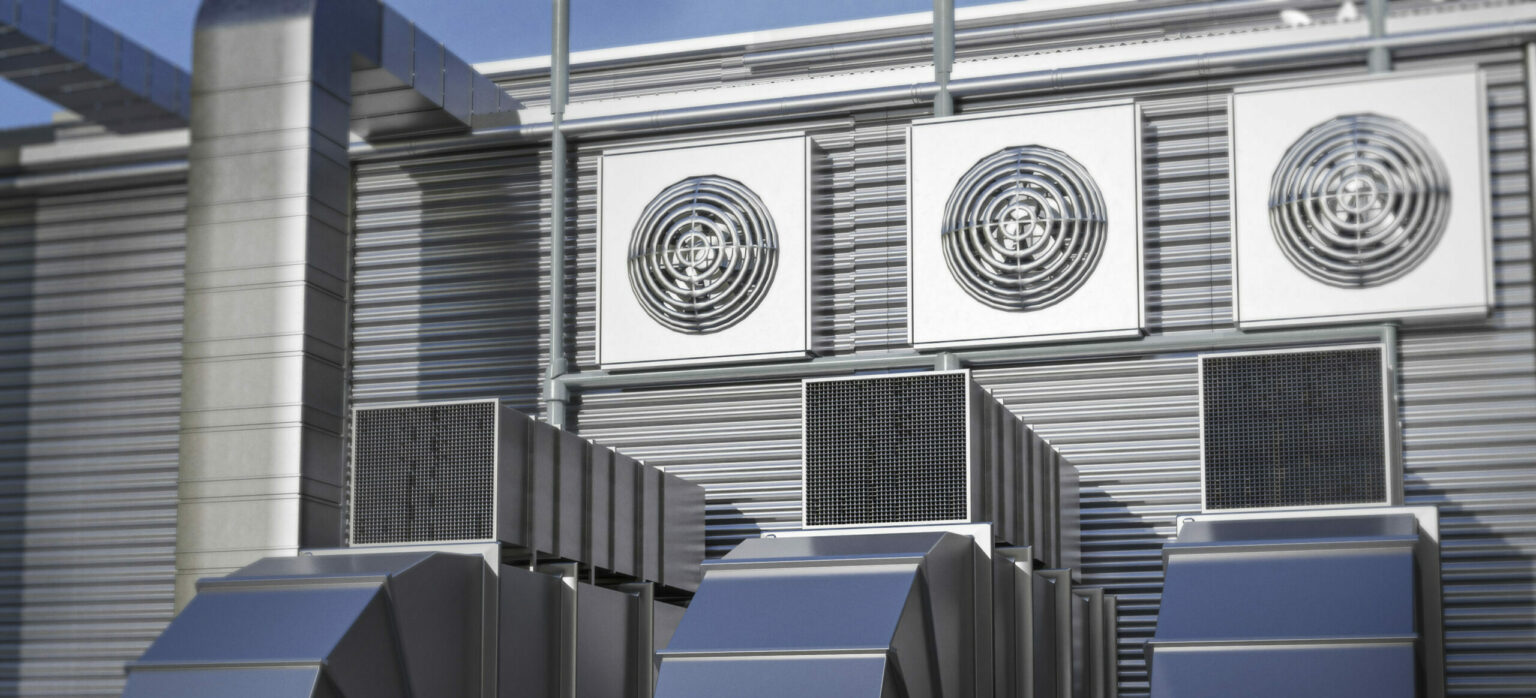Learn about Air Ventilation and why it’s important in 3 points.
A majority of homes in the United States use forced-air systems to move both cold air and warm air throughout the house through a network of air ducts.
It’s different from ventilation, as a forced-air system is meant to “force” the air through the ductwork and control how it’s distributed inside the house, not how it enters and exits. A system of vents, blowers, and dampers allows control of the amount of cool air or hot air.
In the previous blog, we learned what is the Indoor Air Quality emitted by your HVAC and how to improve it in 4 points. But how much do you know about the air that flows through your home? And why is it important to have proper ventilation?
In this new blog entry, we’ll talk about it.
How is indoor air recirculated indoors?
Most heating and cooling systems don’t mechanically bring outdoor air indoors, as it’s mistakenly believed by many people. Instead, indoor air is recirculated.
- The compressor: It plays a vital role in the cooling process. Your air conditioner pulls hot air out of your home for cooling through return vents and evaporator coils. Once this happens, cooler air is recirculated throughout your home.
- The condenser coil: It works along with the compressor, converting the refrigerant gas back into liquid form. Being a part of the outdoor unit, the condenser sends heat carried by the refrigerant to the outside.
- Evaporator coil: Evaporator coil is a component in air conditioners that absorb heat from your home. It works in tandem with the condenser coil to complete the heat exchange process that produces cool air.
It’s full of evaporated refrigerant that the compressor pumps to the metering device as a liquid, then into the evaporator. Air forced through the coil by a fan passes through the coil where the refrigerant in the evaporator absorbs heat.
The importance of reducing air leaks
All houses exchange indoor air with the outdoors. This is because there’ll always be some leaks or air passages, including chimneys, vents and cracks. Another reason is the difference in temperature and pressure between inside and outside.
If too much air leaks outside, your HVAC system will be forced to work harder to keep a comfortable temperature indoors, especially during the summer and winter seasons.
Air leakage can also contribute to moisture problems and poor indoor air quality, which affects the home residents’ health and the structure’s durability.
Reducing the amount of air exhausted is an effective way to ensure the energy efficiency and durability of your HVAC system, improve indoor comfort, create a healthier environment, and increase energy savings.
How does ventilation happen?
Proper ventilation is important. As air moves through your house, it helps remove or reduce pollutants like particles, odors and gas.
Outdoor air enters and leaves a house by:
- Natural ventilation: Wind will naturally ventilate your home by entering or leaving open windows and doors.
- Infiltration: Air flows into the house through cracks and gaps in the outside shell of a building.
- Mechanical means: This includes the use of both floor fans and ceiling fans, as well as heating, ventilation and air conditioning (HVAC) systems.
If you think the air movement inside your home is inefficient or you feel concerned about poor Indoor Air Quality, an HVAC contractor should be able to help you assess your situation.
For over a decade, we have been proud to serve our valued customers from LA, the Inland Empire and Orange Country. Our professional team is ready to take your call at 714-397-4132.
A pleasant experience from start to finish is our guarantee. Stay cool with Jamison Heating & Cooling Services!





